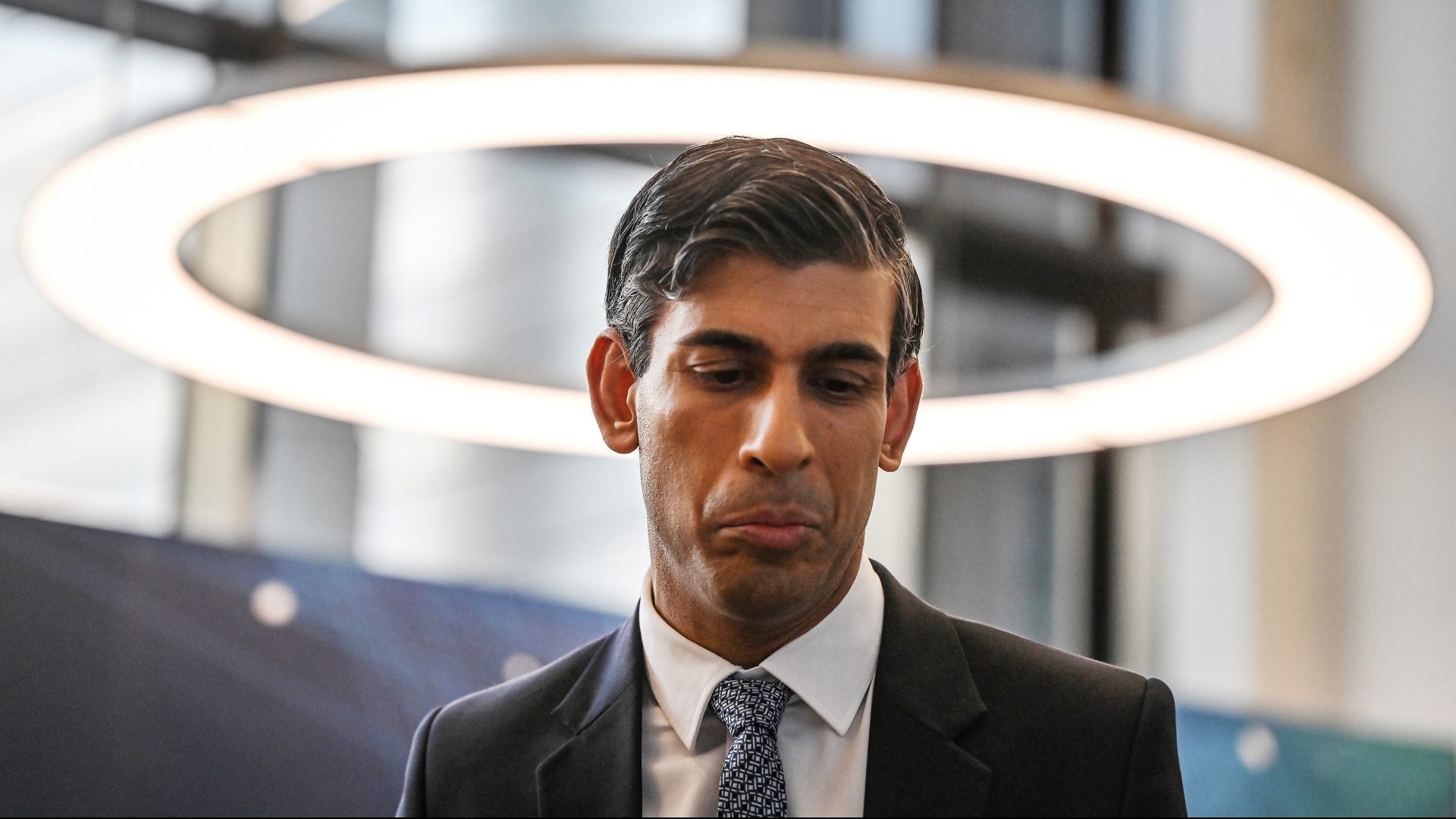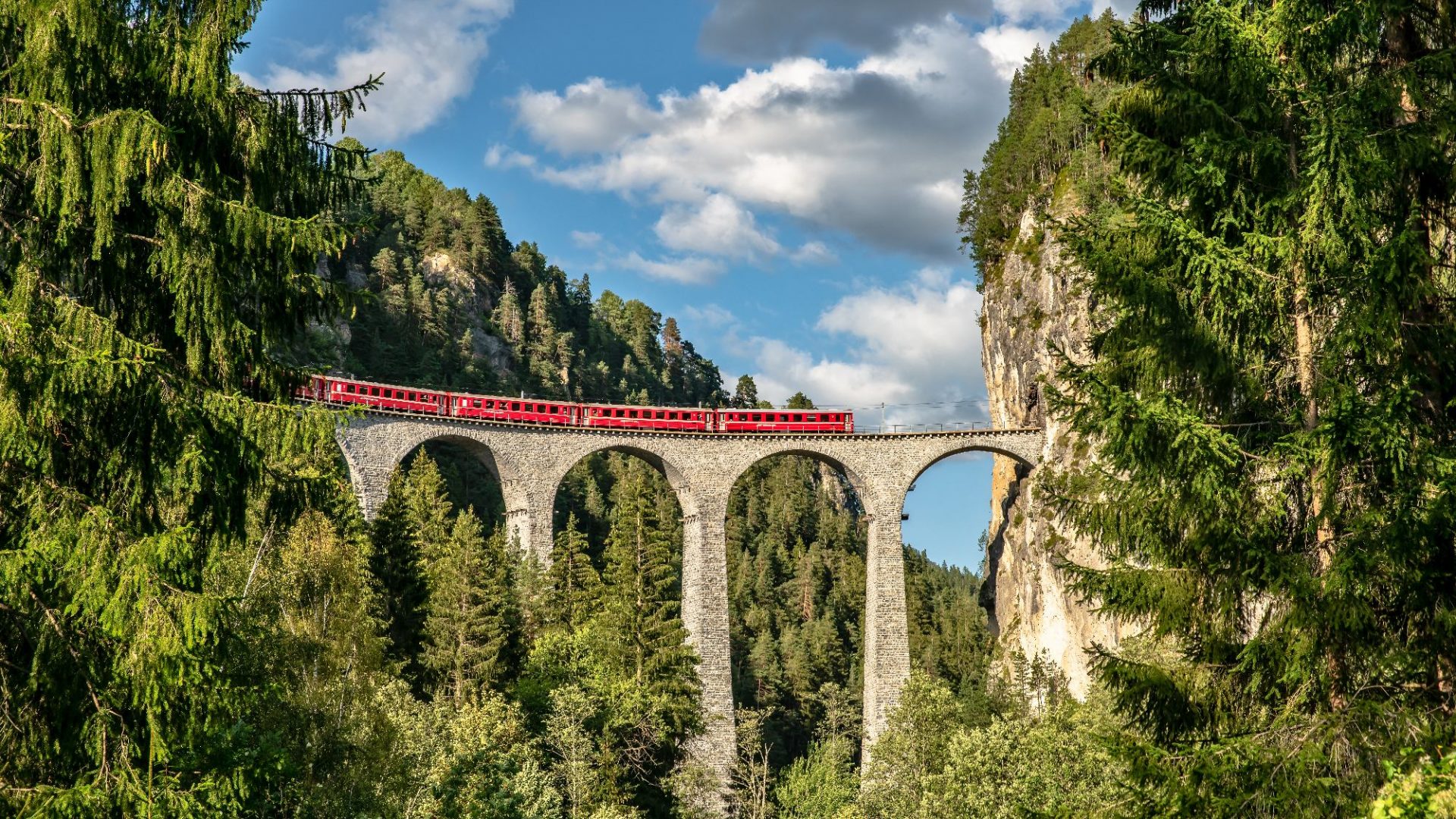Europe Day falls on May 9, a chance for those in the EU27 to celebrate unity and peace, in times when those qualities are sorely tested.
For some Britons, it is a day to reflect on what has been lost and what might be regained. For others, who voted to leave the European Union in 2016, it might be the right time to start wondering why reports of its death have been greatly exaggerated.
What’s happened to the fall of the EU? Nigel Farage said it would be no more by 2031, just seven years away – so where are Irexit, Itexit, Grexit, Frexit and all the rest?
The irreversible damage to the economy and reputation of the UK caused by Brexit has killed almost any support for other countries to leave the EU – and there is still a queue of countries keen to join.
But could it also be that the EU is doing something right, that the UK was not shackled to a corpse after all? Let’s look at the balance sheet.
Economically speaking, the EU is doing OK – not brilliantly, but fairly well. Since the vast majority of economic decisions, taxation and government policy are made at a national level and not in Brussels (as Leave claimed), this is not really all down to the EU.
But Brussels does a lot to create the single market, which makes so much of that growth and prosperity possible. Trade between EU member states is still increasing, and EU businesses have the security and knowledge that their products can be sold effortlessly in a market of hundreds of millions.
Championed and initiated by one M. Thatcher no less, the single market is the economic jewel in the crown of the EU. It has improved growth and made the EU a global economic power. Partly as a result, labour productivity – that is, the economic value added per worker – in the major economies of Europe is much higher than in the UK.
A recent report from the Resolution Foundation found that it “grew by just 0.4% a year in the UK in the 12 years following the financial crisis, half the rate of the 25 richest OECD countries (0.9%). The UK’s productivity gap with France, Germany and the US has doubled since 2008 to 18%, costing us £3,400 in lost output per person.”
Britain had been catching up with our rivals, but they are now far ahead again. As a result, the average French person is 10% wealthier than the average Brit. Germans are 20% better off, and work fewer hours than we do. Quite a corpse to be chained to.
There are things the EU does that get a bad press, but actually work. Its industrial strategy to try to manage the transformation to a greener economy, which seizes the opportunities of the new battery and microchip industries, is overshadowed by the massive US strategy. But it is a start, and is attracting new investment in gigafactories and car plants.
Another success – although you might not think it from images of mass tractor demos in Brussels – is the amazingly generous EU Common Agricultural Policy. Europe’s farmers, like ours, are being squeezed by supermarkets, face competition from cheaper imports and have seen the price of chemicals and fertilisers soar. They are also angry with EU red tape and green requirements.
But imagine if, like British farmers, they had been stitched up by their own government through free trade deals giving huge farming nations free rein to eat their lunch… or had their subsidies slashed on the sly.
The EU has also managed to make the euro work, despite the fact that members like Greece and Italy shouldn’t have been allowed to join in the first place.
Again, it is far from perfect. Again, it still works, although smaller nations need more help with its costs.
It is a good illustration of one of the EU’s biggest failings. It is, despite the bullshit spread by the Brexiteers, made up of many very independent states, with different agendas. It can only move as fast as the slowest ship, and some member states would probably rather go backwards.
That is also why the EU finds it difficult to be proactive. It doesn’t have the money to do everything that needs doing – to offset German budget surpluses and develop eastern economies – and it has to bring member states along with it. It would be much easier, and possibly more successful, if it was the dictatorial behemoth that the Brexiteers seem to think it is. But it just isn’t.
It has also not yet learned how to deal with the likes of Hungary, which like all member states is obliged to follow the rule of law, adopt the European Court of Human Rights and, well, be a freedom-loving democracy. No one ever thought a member state would renege on that deal. How to sort out those that do is something the EU must get right, and soon.
Plenty of other things need urgent attention, too: controlling migration and overfishing, to name just a couple.
Yet there are many other projects that the EU has got right already – like science research spending, Erasmus, Schengen, pollution reduction and regional development.
One thing in particular marks out the EU as a success. Jean Monnet, its intellectual founder, had a leading role in the economic cooperation between the allies that helped win the first and second world wars. But he really wanted to prevent European and world wars, not win them. In that, he and the EU have succeeded wonderfully. Pax Europa is what the EU is really all about. Not a single battle between member states in its history.
Jaw-jaw is better than war-war, as Churchill famously said, and the EU, with its endless and much-derided summits, sittings and late-night deals, has turned achieving things by talking rather than fighting into an art form.
It is the silence of peace that resounds throughout the EU these days, on a continent that has been deafened by the sounds of war for centuries.
Even if it had never done anything else at all, this alone would justify the existence of the EU. So on Europe Day, raise a small glass to unity and peace.




